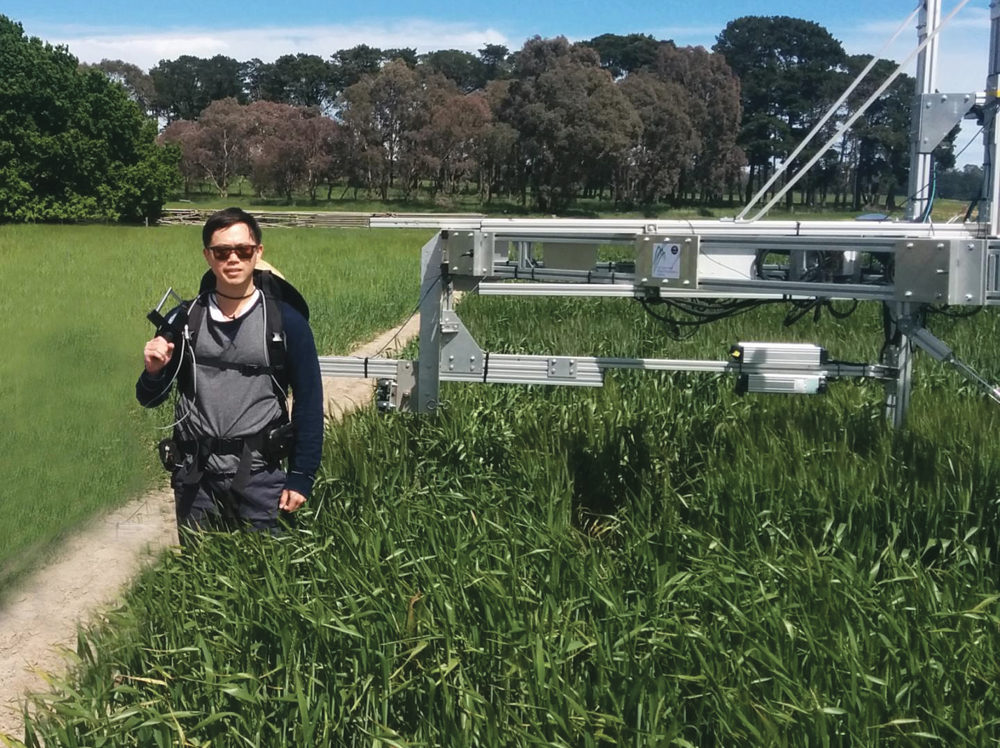This may help prevent some health issues as well as brighten up the plate
Nutrition experts recommend that we increase green and orange vegetables in our diets. Eating more brightly coloured vegetables may play a role in reducing our risk for cancer, heart disease and potentially blinding eye conditions.
For example, broccoli, along with other cruciferous vegetables such as cabbage and cauliflower, contains sulfora-phane. In a laboratory study published by scientists at Oregon State University, sul-foraphane was shown to have a potential role in preventing or potentially treating prostate cancer.
Read Also

Sharing stories to promote Canadian farm safety
Personal stories can sometimes go farther than facts and data to promote safe practices on Canadian farms, Canadian Agricultural Safety Association conference attendees hear.
Many dark-gold and orange vegetables and fruits get their vibrant colours from natural pigments called carotenoids. Eating certain colourful vegetables containing carotenoids may be particularly good for our eyes by potentially playing a role in preventing cataracts and macular degeneration.
Carrots often come to mind when eye health is discussed. Carrots contain beta carotene, a type of carotenoid that our body converts to vitamin A. Deficiencies in vitamin A are linked to night blindness.
Two other carotenoid pigments may play an even greater role in preventing potentially blinding eye conditions. Lutein and zeaxanthin are two of the carotenoid pigments found in dark-green vegetables including kale, spinach, broccoli and romaine lettuce. These two pigments help maintain the health of our eyes and may help prevent macular degeneration.
During our wintry weather when we crave comforting beige and brown foods such as mashed potatoes, gravy and meat loaf, add some bright-green, gold and orange colours to your plate or bowl. Try some new recipes, and make veggies available in your refrigerator. Try them with a dip such as fibre- and protein-rich hummus.
















